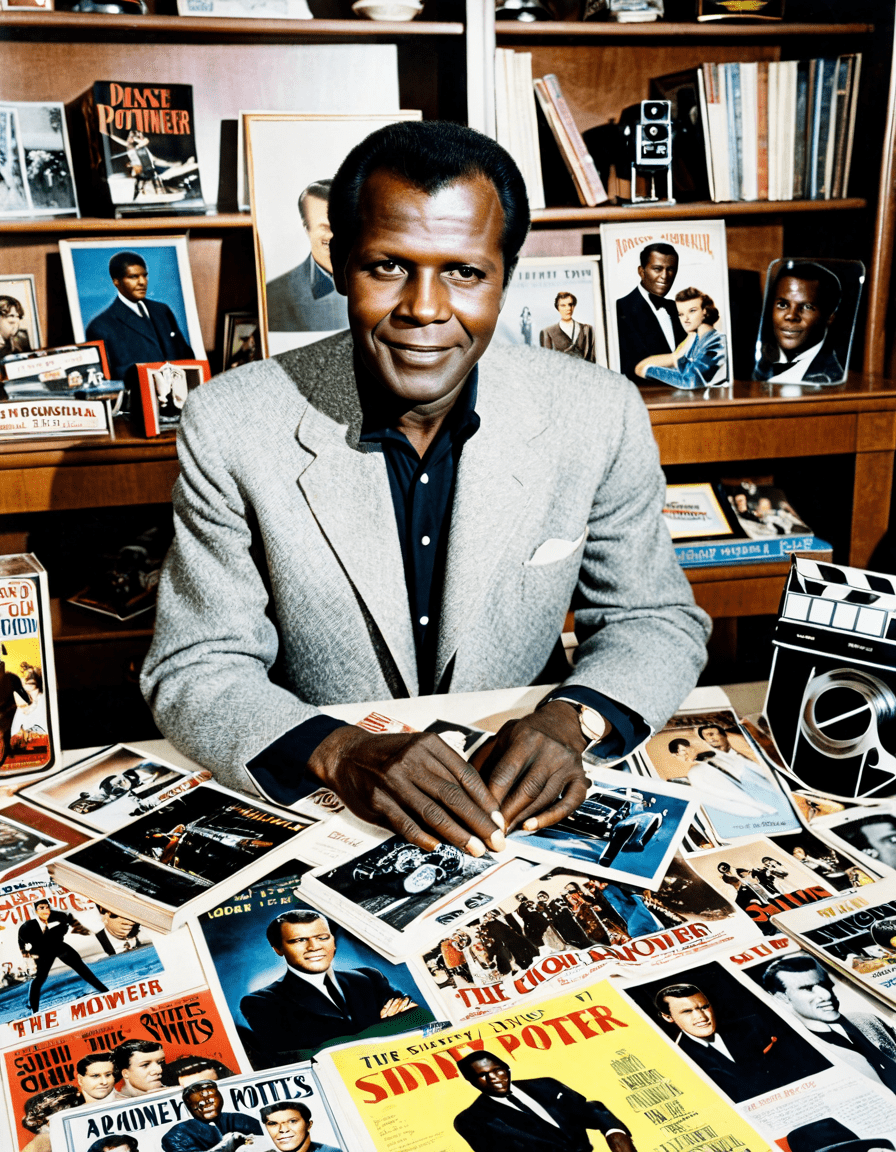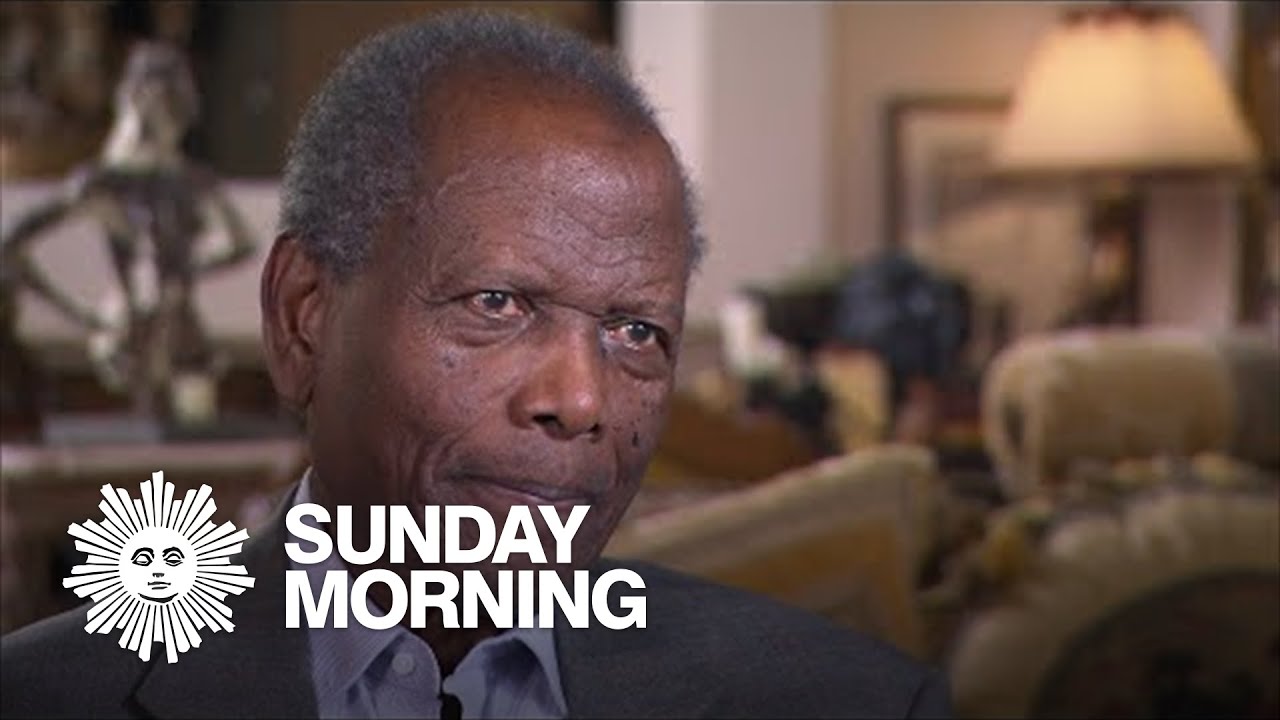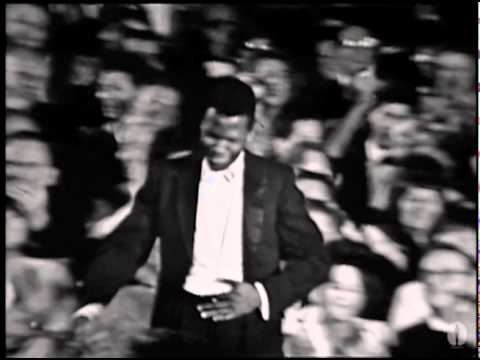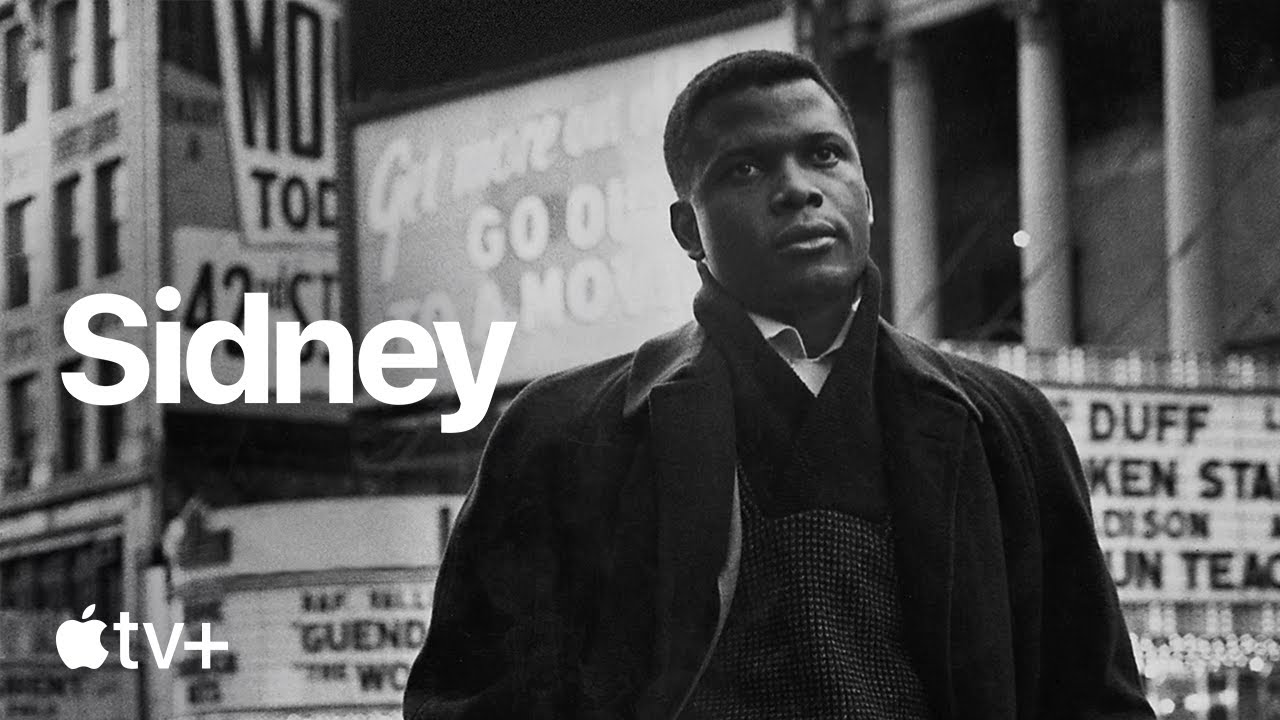Sidney Poitier, often regarded as the icon of cinema’s history, blazed a trail for many artists in Hollywood and beyond. With a rich legacy of groundbreaking performances, Sidney Poitier took his place in film history when the industry was often divided by race. He broke barriers, not just for himself but for generations of Black actors who would follow in his footsteps. Poitier’s artistry transcended mere entertainment; it challenged societal norms, questioned racial prejudice, and opened doors that had long been closed. This article dives into the extraordinary life and career of Poitier, a true titan in the film industry who changed the landscape of American cinema forever.
The Indelible Impact of Sidney Poitier on Hollywood
When Poitier burst onto the scene, Hollywood was predominantly white, and opportunities for Black actors were limited, often relegated to stereotypical roles that lacked depth. Poitier transformed the narrative, offering profound and multifaceted portrayals that showcased the sheer talent of Black artists. Imagine a world where characters like those in “Lilies of the Field” and “Guess Who’s Coming to Dinner” didn’t exist. Poitier challenged the status quo; his performances were not just roles but bold statements against racism and inequality.
From “Lilies of the Field,” where his portrayal of a handyman earned him an Academy Award, to “Guess Who’s Coming to Dinner,” which tackled the taboo subject of interracial marriage, Poitier’s films created conversations that changed perceptions. These weren’t mere cinematic experiences—they were cultural milestones. His work laid groundwork for other actors like Julia Louis-Dreyfus, who today continues to explore social issues in her television roles. Poitier’s influence is evident in the films we cherish and the stories we watch unfold on screen.
Poitiers journey through Hollywood has resonated more than just through the films he starred in; it has sparked challenges to racial injustice and a demand for equality. While Poitier earned critical acclaim, he also faced hurdles and prejudices, which made his triumphs even more remarkable. His life reminds us that hard work and resilience can alter the course of history, a lesson Hollywood desperately needed during his days and continues to require today.
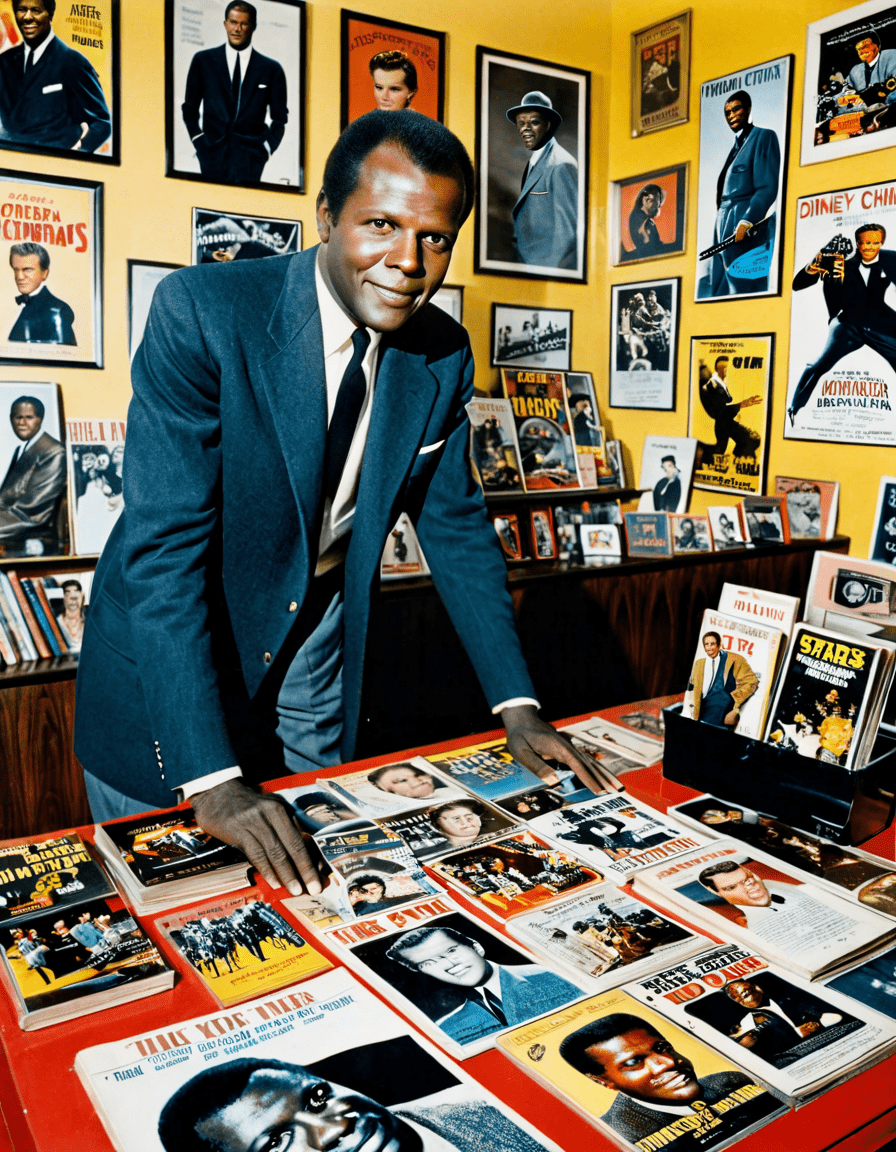
Top 7 Sidney Poitier Films That Changed Cinema
Alright, movie lovers, here’s the scoop on the top seven films starring our hero, Sidney Poitier:
In this touching tale, Poitier plays a drifter who helps a group of German nuns build a chapel. His performance marked a significant milestone when he became the first Black man to win the Academy Award for Best Actor.
This film tackled the sensitive topic of interracial marriage in the ’60s. Poitier brought a powerful performance that forced audiences to unwind their preconceived notions about race and love.
Poitier starred as an idealistic teacher in a working-class London school, sparking discussions about race and education that still reverberate in today’s world.
In this gripping drama about two escaped convicts—one Black and one white—Poitier and Tony Curtis navigated their differences, which starkly illustrated racial tensions of the time.
Adapted from Lorraine Hansberry’s celebrated play, Poitier embodied the struggle for identity and the American Dream, encapsulating the hopes and dreams of many African-American families.
As Detective Virgil Tibbs, Poitier explored the deeply entrenched racial divides in the South, showcasing intelligence and grace amid a challenging backdrop.
In this romantic comedy, Poitier added a feather to his cap, proving that he could excel in various genres while still addressing serious societal themes.
The legacy of Sidney Poitier extends far beyond ceaseless performances; it includes the conversations and reflections his movies provoke. Each film not only entertained but demanded we reassess the world around us.
Cultural Resonances: Sidney Poitier and the Arts
Sidney Poitier’s influence blossomed beyond the silver screen, seeping into the hearts of artists across various fields. Jean-Paul Gaultier, for example, has drawn inspiration from cinematic icons like Poitier in crafting his fashion lines. Gaultier’s aesthetic often evokes the essence of cultural significance, entwining fashion with storytelling rooted in individuality.
The legacy of Poitier also lingers in the modern narratives depicted by playwrights and filmmakers. Justin Theroux, for instance, crafts nuanced tales that echo the societal issues Poitier faced. His characters often unravel the intricate dance of power dynamics, both personal and societal, reminiscent of the pivotal roles Poitier embodied.
Even the artistic realm feels Poitier’s impact. Jean-Michel Basquiat, the celebrated painter, depicted racial identity and societal critique in his works, touching on themes similar to those championed by Poitier. Both artists, in their own ways, vigorously challenged the norms of their respective fields, proving that art—whether through cinema or canvas—can instigate change.
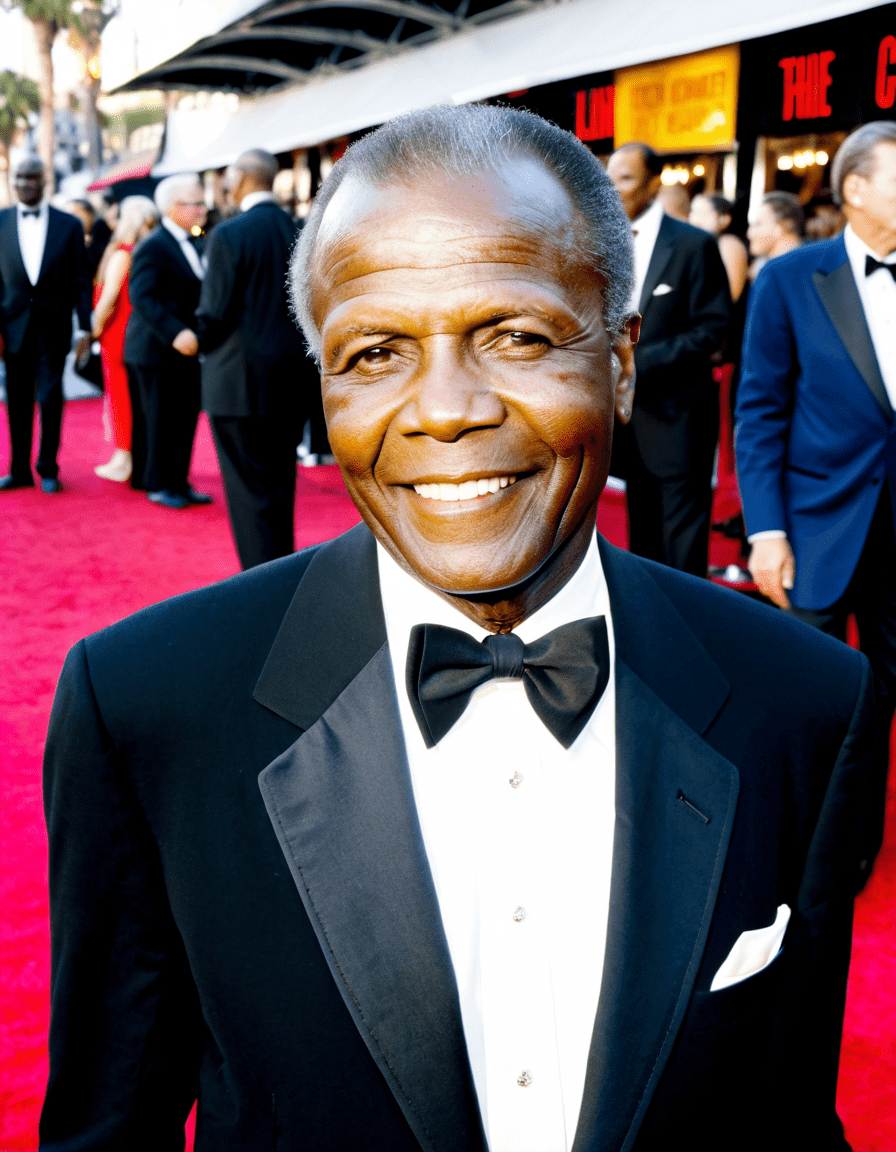
Sidney Poitier: Influence on Modern Stars Like Julia Louis-Dreyfus and Basquiat
The influence of Sidney Poitier doesn’t end with his filmography; it has inspired modern entertainers to forge character-driven narratives. Julia Louis-Dreyfus exemplifies this trend in her roles, most notably in “Veep,” where she merges political satire with a deeper exploration of issue-based storytelling. Much like Poitier’s earlier work, her performances resonate with truths that challenge viewers to confront societal flaws.
Basquiat, on the other hand, made vibrant statements about race and culture through his art; it’s hard to separate his work from the seismic shifts Poitier enacted in the public consciousness. Both figures strove, in their respective mediums, to dismantle stereotypes and forge new representations that mirror authentic experiences.
The intertwining of their legacies acts as a continuum, sparking ongoing dialogues about identity, race, and societal expectations. Poitier’s triumphs didn’t just pave the way for Black actors; they inspired generations of artists to speak their truths authentically.
The Enduring Legacy of Sidney Poitier
Sidney Poitier’s legacy remains undeniable and ever-relevant. His contributions not only advanced the representation of Black Americans in film but also kindled broader conversations about race relations that resonate today. Emerging stars like Regina King and John Boyega proudly cite Poitier as a source of inspiration, striving to carry forward his fight for authenticity and representation in the storytelling landscape.
Honoring Poitier means acknowledging his incredible journey in Hollywood—a journey that sparked rapid change and social discourse. He taught us that cinema isn’t just about watching stories; it’s about witnessing our humanity reflected on screen.
So here’s to Sidney Poitier—a name that echoes through the annals of cinema, reminding us all that storytelling holds the potential to enlighten, challenge, and most importantly, inspire. As we delve into today’s narratives, let’s keep Poitier’s legacy alive, ensuring that every story told is one of integrity and authenticity. Just like he did, let’s aim to break down barriers and share our unique voices with the world.
Sidney Poitier: The Legendary Icon of Cinema’s History
A Trailblazer in Film
Sidney Poitier, born on February 20, 1927, in Miami, Florida, didn’t just break barriers; he defined a new era of Hollywood. He was the first Black actor to win an Academy Award for Best Actor for his role in Lilies of the Field (1963). This landmark achievement paved the way for countless actors of color, showcasing that talent transcends racial boundaries. Speaking of boundaries, did you know Poitier’s groundbreaking influence resonated well beyond the silver screen? It’s akin to how The Irishman captivates audiences with its meticulous narrative, threading the complexities of crime and loyalty throughout its runtime.
More Than an Actor
Poitier wasn’t just an actor; he was a voice for progress. He starred in powerful films that addressed social issues head-on, like Guess Who’s Coming to Dinner (1967), which tackled interracial marriage. It’s curious to see how decades later, films like Donnie Brasco still showcase gritty underbellies, reminding us of the ongoing societal dialogue. Notably, Poitier co-starred with many famed actors, including the legendary Ruby Dee, who complemented his charisma on screen, similar to how Shailene Woodley balances her roles with depth and relatability.
A Life Rich in Accomplishments
Poitier’s legacy extends beyond film—he became the first Black director to win an Oscar for Best Director with Lilies of the Field. While often associated with roles advocating for equality and justice, his journey is peppered with personal challenges and triumphs. There’s a fascinating inversion to Poitier’s life story; in many ways, it unfolds like a charlatans tale, revealing the struggles beneath glamorous facades. As he navigated Hollywood’s rough seas, Poitier’s authenticity ensured a lasting impact, just as characters like Otto Hightower and Santini redefine their paths across varied landscapes.
In sum, Sidney Poitier’s contributions to cinema and society are immeasurable, much like the endless possibilities of seasonal plants, whether you’re picking Annuals Vs Perennials in your garden. His influence remains a guiding star for upcoming talents, as inspiring as the latest trends shaping the mobile serve industry. Poitier’s legacy urges us all to challenge norms and pursue excellence, reminding us that true artistry knows no barriers.
